ON WRITING FANTASY: A Timeless Style
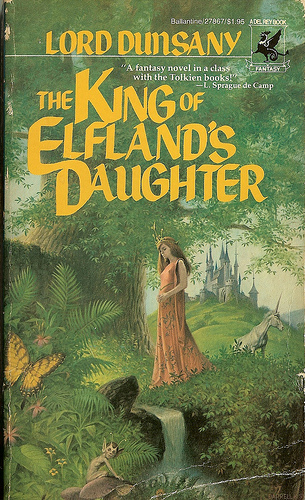 “If any man wishes to write in a clear style, let him be first clear in his thoughts…”
“If any man wishes to write in a clear style, let him be first clear in his thoughts…”
–Goethe
“Don’t tell me the moon is shining; show me the glint of light on broken glass.”
–Anton Chekhov
“A good style should show no signs of effort. What is written should seem a happy accident.”
–W. Somerset Maugham
The five basic Elements of Fiction are character, plot, setting, theme, and style. In a previous post I added Originality to this list, especially when it comes to Fantasy Fiction. This time around I’d like to talk about Style…what it is, why it’s important, and most importantly how to get one.
Style is important in all kinds of writing, but Fantasy has its own stylistic demands. Very few people alive today are experts at writing in Old English, Middle English, or other antique forms of language. And what’s more, very few readers want to read stories/book written in such a style.
Consider this passage from E. R. Eddison’s fantasy masterpiece, THE WORM OUROBOROS:
“Then befell great manslaying between the sea-cliffs and the sea. The Demons, taken at that advantage, were like a man tripped in mid-stride by a rope across the way. By the sore onset of the Witches they were driven down into the shallows of the sea, and the spume of the sea was red with blood. And the Lord Corinius, now that he had done with feigned retreat, fared through the battle like a stream of unquenchable wildfire, that none might sustain his strokes that were about him.”
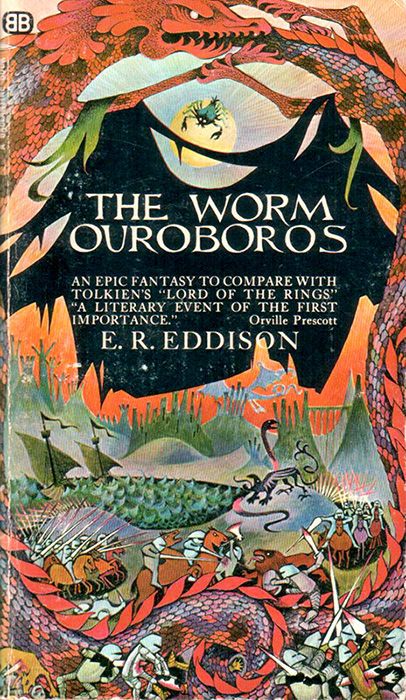 For those of us who relish Shakespeare and thrill to antique forms of language, this brilliant passage is highly enjoyable. Yet there is no doubt that its style is vastly outdated and many modern readers would shy away from this fantastic novel simply because of its weight of style and ponderous language. Beauty is in the eye of the beholder, but keep in mind that Eddison published his masterwork way back in 1922. Although beautiful and perfect for the feel of high fantasy, that language just doesn’t fly today…unless you’re staging a production of HAMLET.
For those of us who relish Shakespeare and thrill to antique forms of language, this brilliant passage is highly enjoyable. Yet there is no doubt that its style is vastly outdated and many modern readers would shy away from this fantastic novel simply because of its weight of style and ponderous language. Beauty is in the eye of the beholder, but keep in mind that Eddison published his masterwork way back in 1922. Although beautiful and perfect for the feel of high fantasy, that language just doesn’t fly today…unless you’re staging a production of HAMLET.
Instead of antique language, today’s fantasy demands a certain timelessness of language. That’s where the writer’s Style means everything.
There’s on old show-biz joke that goes: “How do you get to Carnegie Hall?” The punch line: “Practice.” It’s much the same with Style. The absolute WORST thing you can do as a young/beginning writer is consciously emulate someone’s style. Imitation may be the sincerest form of flattery, but it is NOT the best route to great writing. Style comes mainly from a writer’s subconscious and natural tendencies…it is as distinctive as a thumbprint and it can change over time. We all change as we grow, learn, and develop in life, and so it’s only perfectly natural for our writing style to change.
 But what about the single most important aspect of the writing process? Yes, I’m talking about butt-in-chair time. How do you get yourself into a good schedule and motivated to write?
But what about the single most important aspect of the writing process? Yes, I’m talking about butt-in-chair time. How do you get yourself into a good schedule and motivated to write?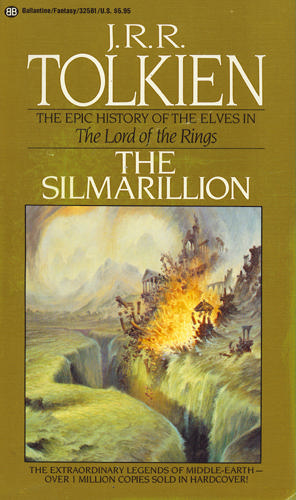 “Utter originality is, of course, out of the question.”
“Utter originality is, of course, out of the question.” Okay, writers. Let’s say you have a short story idea or two, but you don’t know the best way to write it. Some sage writers with some sales under their belts tell you that you Must Outline. Other wisened authors tell you to just, “Go where the story takes you,” that you shouldn’t outline at all.
Okay, writers. Let’s say you have a short story idea or two, but you don’t know the best way to write it. Some sage writers with some sales under their belts tell you that you Must Outline. Other wisened authors tell you to just, “Go where the story takes you,” that you shouldn’t outline at all.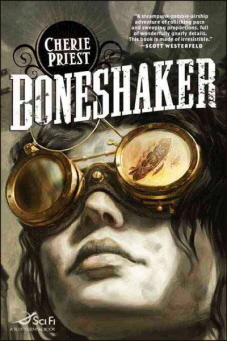 The 2010 Locus Awards winners were announced today, at the annual Science Fiction Awards Weekend in Seattle. The winners include:
The 2010 Locus Awards winners were announced today, at the annual Science Fiction Awards Weekend in Seattle. The winners include: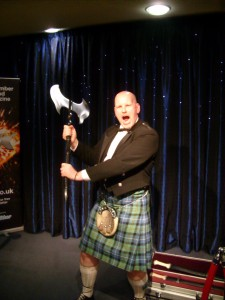 Graham McNeill’s novel Empire: The Legend of Sigmar (Black Library) is this year’s winner of the David Gemmell Legend Award for Best Fantasy Novel of 2009.
Graham McNeill’s novel Empire: The Legend of Sigmar (Black Library) is this year’s winner of the David Gemmell Legend Award for Best Fantasy Novel of 2009.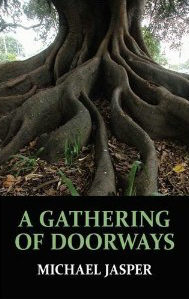
 I’ve been pondering the need for heroes in fiction again this week, and I thought it a good time to revisit a post I’d made on the Black Gate Livejournal page a few years ago. I imagine a lot of you haven’t read it; if you have, I apologize for the repeat.
I’ve been pondering the need for heroes in fiction again this week, and I thought it a good time to revisit a post I’d made on the Black Gate Livejournal page a few years ago. I imagine a lot of you haven’t read it; if you have, I apologize for the repeat.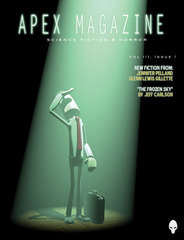 Apex publisher Jason Sizemore has announced that the magazine has re-opened to submissions.
Apex publisher Jason Sizemore has announced that the magazine has re-opened to submissions.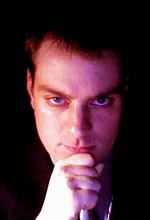 It gives me great pleasure to announce what some of you may have already heard — the talented Ryan Harvey, author and Black Gate blogger extraordinaire, has placed third in the International Writers of the Future contest for the First Quarter of 2010.
It gives me great pleasure to announce what some of you may have already heard — the talented Ryan Harvey, author and Black Gate blogger extraordinaire, has placed third in the International Writers of the Future contest for the First Quarter of 2010.